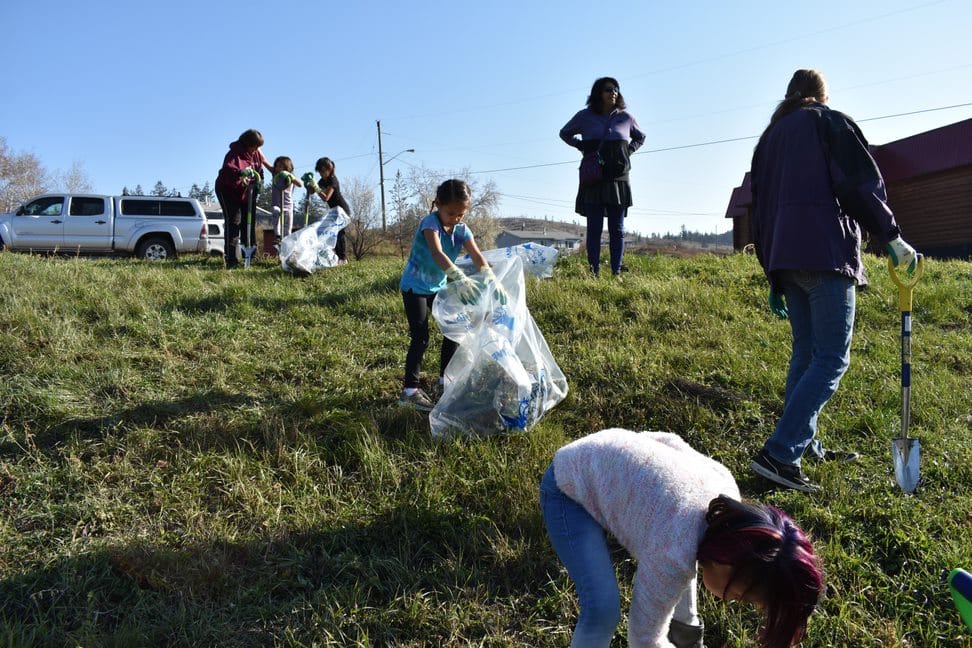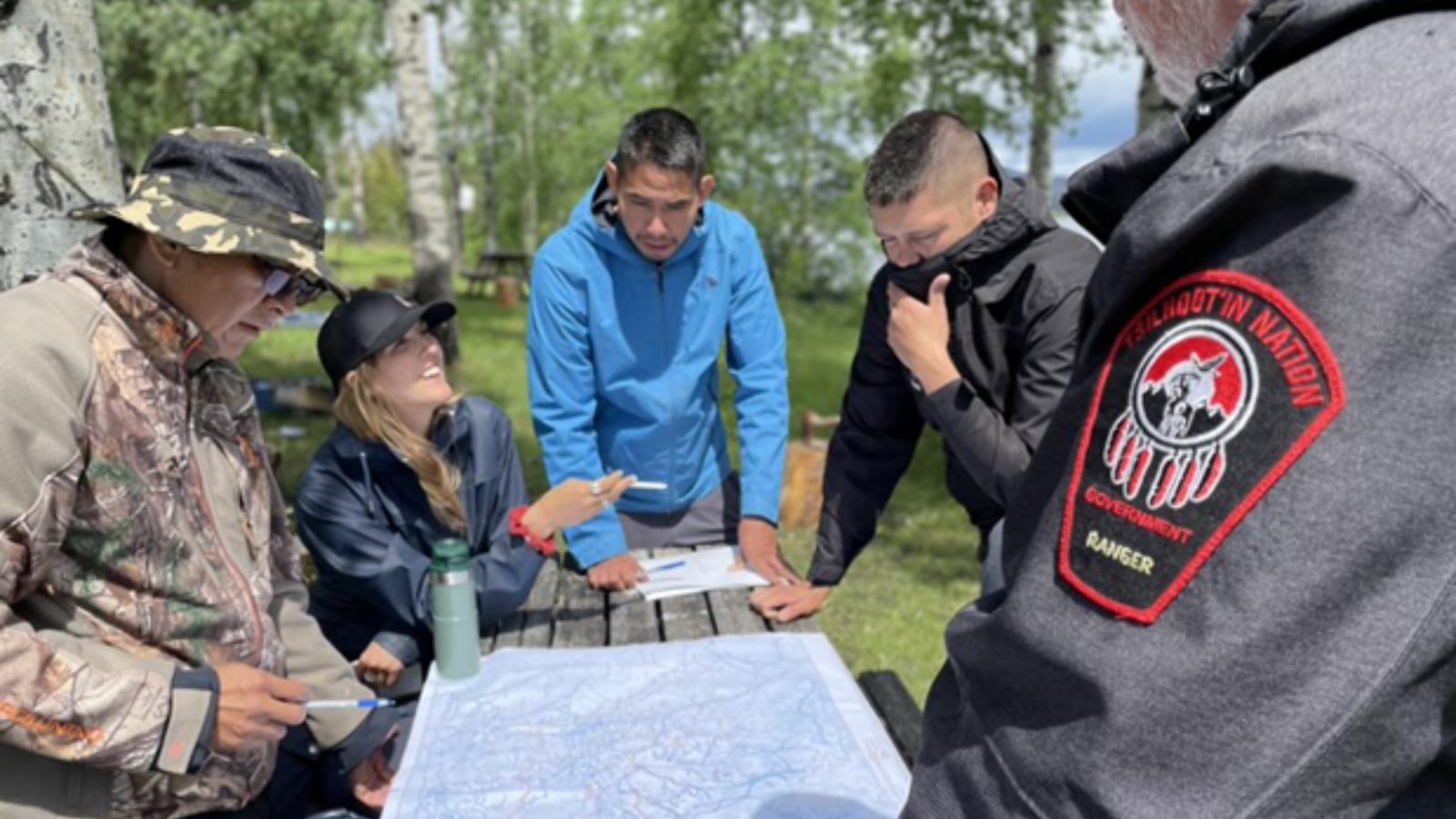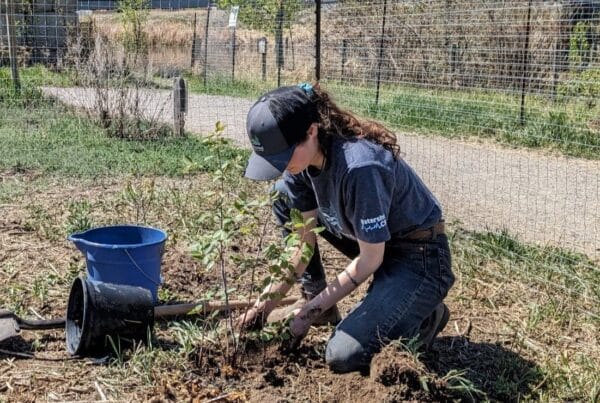By Lara Phillips | May 22, 2023
Join us every week during Invasive Species Action Month as we look at wins in the world of invasive species.
Invasive species can significantly impact Indigenous communities, affecting ecosystems, food security, cultural practices, economies, health and infrastructure. Stewardship of the land is engrained in Indigenous culture and history, with many Indigenous communities concerned about, and eager to protect the land from the negative impacts of invasive species. The Invasive Species Council of BC has worked with Indigenous community leaders and members for over a decade to support invasive species management efforts and priorities.
First Nation communities now possess a wider range of programs and resources to draw from, including community outreach presentations, videos and webinars featuring Indigenous knowledge keepers, and locally adapted behaviour change programs such as Clean Drain Dry. Indigenous youth and community members continue to participate in and have access to locally relevant hands-on education programs and resources, field tours, land surveys, and community weed pulls.

“Many Elders were very happy with the work performed and were excited to once more utilize space that would otherwise be overgrown with invasive species. We cannot thank the local Stronger BC Action Team enough for supporting the Squamish Elders!” – Sḵwx̱ wú7mesh Úxwumixw Elder’s Centre staff member
During the COVID-19 pandemic, in collaboration with Indigenous elders and knowledge-keepers, ISCBC co-developed several virtual training sessions on invasive species impacts and management through the Land and Coastal Guardians programs and the Metis Nation BC.
In addition, Individual Integrated Pest Management (IPM) plans for invasive plant management were co-developed with ISCBC for many First Nations, including Xat’sull, Esketemc, Upper Nicola, T’exelcemc (Williams Lake First Nation), Kwantlen, Skwah, Splatsin, Semiahmoo, Kaska Dene, Penelakut, Saulteau, Tsleil Waututh, and West Moberley. These guiding plans are now incorporated into all types of land use planning, such as agricultural, traditional harvesting, range and forestry operations.
IPM plans enhance stewardship of the land by providing an effective and environmentally sound way of preventing spread and managing invasive species while also yielding economic benefits. Indigenous communities can refer to IPM plans for extensive details on location-specific control strategies, priority invasive species information, mapping and record-keeping recommendations, monitoring effectiveness, and more.
To further support invasive species management in Indigenous communities, an Indigenous resource series was co-developed with ISCBC. One of these resources, the Indigenous Community Toolkit for Managing Invasive Species, was created in partnership with the Indigenous Invasive Species Network and Indigenous Services Canada. It is a valuable resource for Indigenous communities and staff in BC interested in invasive species management. The toolkit serves as a guide for Indigenous communities currently without an invasive species program. Alternatively, it can be used to expand or change a current program.
In addition to the toolkit, a highly popular factsheet Invasive Species that Affect Indigenous Communities was created, profiling 19 priority invasive species impacting Indigenous communities, traditional foods, cultural practices, and economies.
By supporting Indigenous communities with accessible resources and IPM development, invasive species management efforts are strengthened, leading to increased protection of cultural values, lands and waters.
Lara Phillips is a Special Projects Lead at ISCBC. An avid trail runner and backcountry enthusiast, she feels most at home amongst nature and cares deeply about protecting BC’s diverse ecosystems. You can reach Lara at lphillips@bcinvasives.ca
Share





